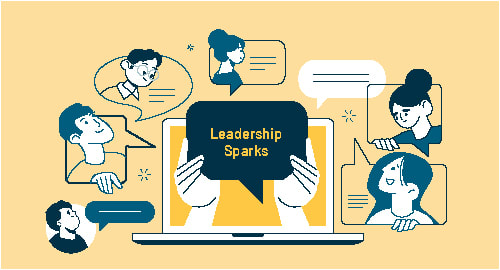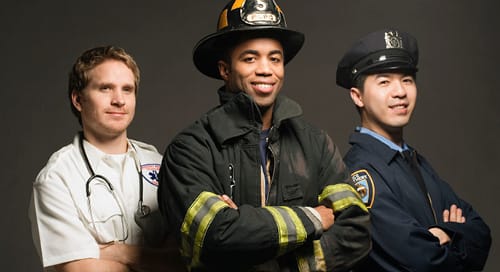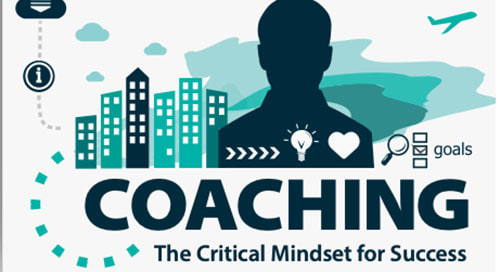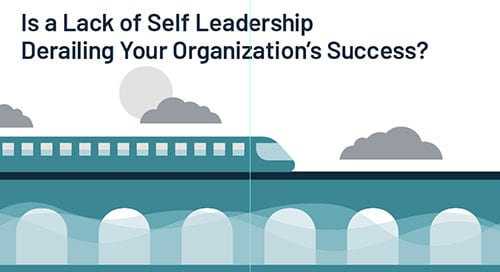Leadership and Management Tools
-
 View Tool
View Tool2026 HR/L&D Trends Report: Turning Uncertainty Into Opportunity
Blanchard’s 2026 HR / L&D Trends Survey set out to explore how organizations are responding to the shifting forces redefining work.
-
 View Tool
View Tool2026 HR L&D Trends Discussion Guide
A practical discussion guide to help HR and L&D leaders turn 2026 trends insights into meaningful dialogue and action.
-
 View Tool
View ToolThe Business Case for Coaching Toolkit
Build internal support for coaching with this practical toolkit featuring stats, templates, and talking points for HR and L&D leaders.
-
 View Tool
View ToolLeadership Conversations Cards
Spark meaningful dialogue, strengthen trust, and inspire collaboration. Perfect for leaders, teams, and one-on-one coaching.
-
 View Tool
View ToolLeadership Coaching Checklist
Elevate your coaching impact. The Leadership Coaching Checklist helps you stay focused, build trust, and drive meaningful growth in every session.
-
 View Tool
View ToolNew Manager Toolkit
New to leadership or lead first-time managers? The New Manager Toolkit gives you practical tools to build trust, set goals, and inspire your team with confidence.
-
 View Tool
View ToolBlanchard Professional Coaching
The data is clear: Blanchard Professional Coaching brings substantial financial returns. Productivity increases when coaching supplements training.
-
 View Tool
View ToolLeading First Responders Guide
A mini guide to building stronger, more resilient teams.
-
 View Tool
View Tool7 Ways to Lead First Responders
Build stronger, more resilient teams—one intentional leadership habit at a time.
-
 View Tool
View ToolCoaching: The Critical Mindset for Success
Organizations agree that coaching is a critical leadership skill, but few have trained their managers in coaching behaviors.
-
 View Tool
View ToolEffective Workplace Communication
Most communication failures in teams can be linked to individuals lacking the ability to engage in open, nondefensive dialogue about difficult subjects.
-
 View Tool
View ToolTrust is an Essential Trait for Leadership Success
Managers must be Able, Believable, Connected, and Dependable to build trust.
-
 View Tool
View ToolSelf Leadership
Explores how a lack of self leadership can derail your organization's success. Create a workforce of proactive self leaders.
-
View Tool
Will Your First-Time Managers Sink or Swim?
A recent study by Blanchard revealed that only 15% of new managers received any training prior to switching into the role of manager.
-
Loading More...



